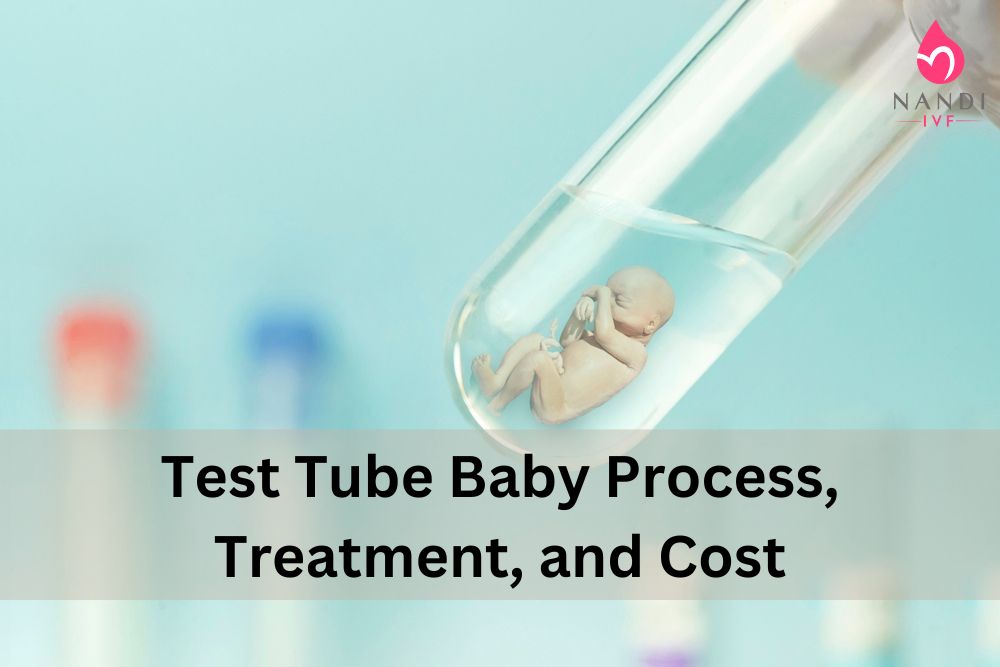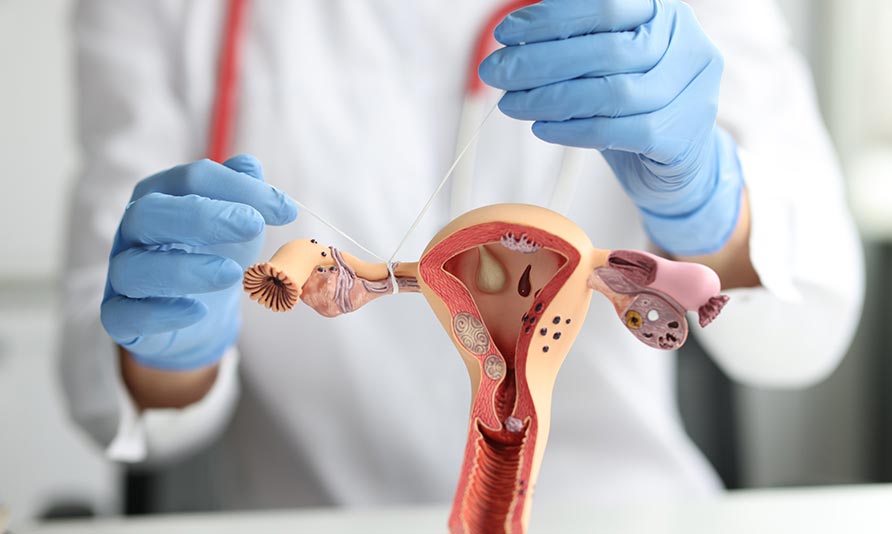In India, the cost of In Vitro Fertilization (IVF) at most facilities can range between ₹1,00,000 and ₹2,50,000 per cycle. This makes IVF an expensive option for many couples who want to start a family. While the procedure gives hope to those facing infertility, the financial burden can be overwhelming. A recent survey found that 65% of couples undergoing IVF in India experience significant financial stress because of the high costs. This shows how important it is to understand how insurance can help make IVF more affordable.
Insurance coverage for IVF can ease some of these costs, but it isn’t always simple. Many people aren’t sure which policies, terms, or conditions apply to IVF treatment. Knowing your insurance options can help you avoid missing out on benefits. It can also help you plan for the financial commitment ahead. In this guide, we’ll explain the different IVF insurance options, break down the available plans, and help you make smart choices.
What is IVF and Why Does It Cost So Much?
IVF Charges In Delhi are typically high compared to other cities, and understanding this variation is important for couples planning treatment. IVF (In Vitro Fertilization) is a medical procedure that combines an egg and sperm outside the body to help with conception. The cost of IVF can be high because it uses advanced technology, specialized doctors, lab equipment, and medications.
The price can also vary based on the clinic, location, and the specific treatments you need. For example, some patients may require additional steps like ICSI or genetic testing, which adds to the overall IVF Procedure Cost In Delhi. In India, the cost often increases because many people require multiple cycles, consultations, and tests. This makes IVF a big financial commitment for many families.
Does Insurance Cover IVF in India?
In India, most health insurance plans don’t fully cover IVF or only offer partial coverage. While some plans include infertility treatments, others don’t. Whether IVF is covered depends on the insurance plan. Some plans with maternity coverage may extend to IVF, but they often have waiting periods or other exclusions.
It’s important to read your insurance policy carefully. Some insurers, like Star Health and ICICI Lombard, do offer IVF coverage, but there are usually specific conditions to meet. For couples in the capital, reviewing insurance alongside the IVF Treatment Cost In Delhi can provide clarity about how much out-of-pocket expense to expect.
What Type of Insurance Covers IVF?
Health insurance policies and maternity plans are more likely to cover IVF. Comprehensive health plans might include infertility treatments, but you’ll need to check the details. Insurers like Religare and HDFC ERGO offer IVF coverage in their health policies, but they often have conditions like waiting periods or exclusions for pre-existing conditions. Be sure to read the fine print of your policy to know exactly what’s covered.
How to Get the Most Out of Your IVF Insurance Benefits
To make the most of your IVF insurance, carefully review your policy for any exclusions or waiting periods. You may want to upgrade your health plan or add extra coverage for infertility treatments. Double-check that your plan covers IVF to avoid unexpected costs. If you’re unsure, speak to your insurer to confirm. You could also look into specialized maternity or infertility plans that provide better coverage for IVF.
When comparing policies, keep in mind that IVF Cost In Delhi may differ between clinics, and some packages are more transparent than others. Understanding both medical and financial aspects helps couples plan effectively.
Key Takeaways
IVF Cost In Delhi can be high, but insurance support can make treatment more affordable. Evaluating your options carefully and comparing different insurance providers ensures you get the most value. Coverage also varies for services like scans, medications, and procedures, all of which add to the total IVF Procedure Cost In Delhi.
If you’re looking for support throughout the IVF process, Nandi IVF is here to guide you. They help with both medical and financial challenges, making sure you get the care you need without the added financial stress. Their team offers clear, straightforward information about IVF Treatment Cost In Delhi and IVF Charges In Delhi, alongside insurance guidance. This way, you can plan your fertility journey with confidence.
At Nandi IVF, you’re not just receiving medical care — you’re gaining a partner dedicated to turning your dream of parenthood into reality.













